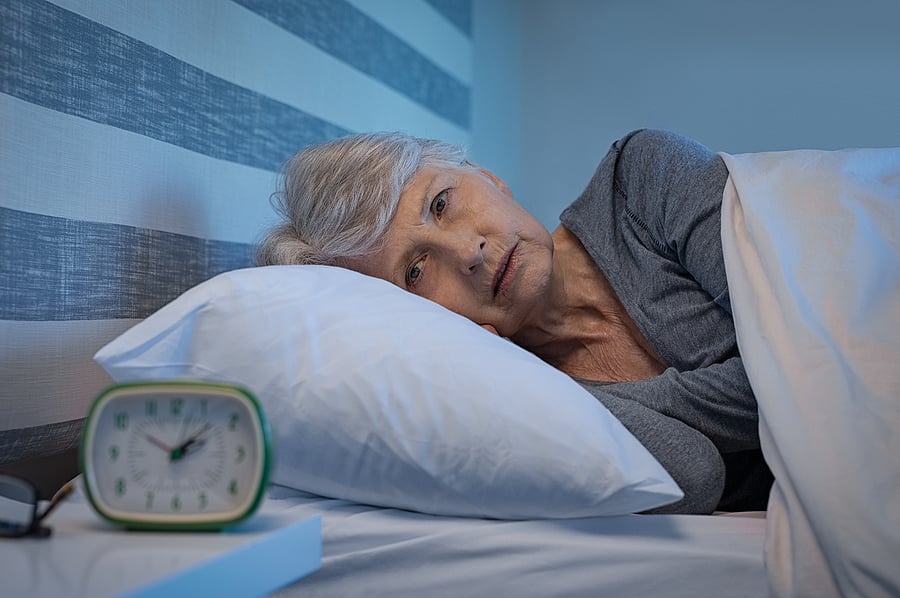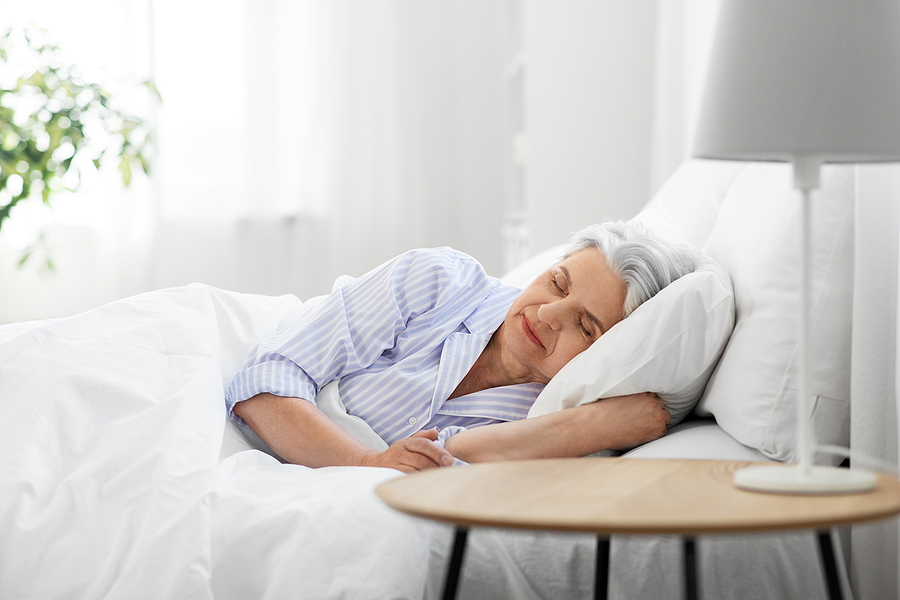As you get older, your sleep patterns and needs may change. By understanding how aging affects your sleeping habits, you can learn how to make adjustments to your routine so that you can get a good night's sleep.
Related Blog: The Amazing Things Our Bodies Do While We Sleep
How Does Age Affect Sleep?
Sleep Duration
As we age, sleep duration tends to decrease. For most adults, the amount of sleep they need is 7 to 8 hours per night. But as our bodies age, it may be more difficult to get an entire night's rest in a single stretch. That's why many elderly people have trouble getting enough decent sleep during the night and often suffer from fatigue during the day.
Sleep Stages
As we age, our sleep cycles also change - deep non-REM and slow-wave (stages 3 and 4) sleep decreases as we get older, according to recent research. Slow-wave sleep is a restorative stage that helps us feel rested in the morning. Without it, you may wake up feeling unrested even after 7 or 8 hours of sleep.
More Naps
For older adults, the feeling of needing to take a nap may become more common. A recent study found that a higher proportion of older adults take frequent naps than young and middle-aged adults.

How to Get a Good Night's Sleep as You Get Older
If you're over the age of 60, there are a few steps that you can take to make sure that you're getting enough restful sleep at night.
Follow a Regular Sleep Schedule
According to the National Institute on Aging, having a regular bedtime routine helps your body adjust to its sleep cycle. Going to bed and waking up at roughly the same time each day can help train your body to fall asleep more easily.
Follow a Bedtime Routine
According to the Sleep Foundation, bedtime routines help reduce nighttime stress and anxiety so that your brain and sympathetic nervous system are not overstimulated at night. Going through a calming activity before bed, like reading or listening to soothing music, can help slow your body down and prepare for sleep.
Avoid Taking a Nap in the Afternoon and Evening
Although naps can be helpful for some, they may not help everyone - especially those over the age of 60 who are trying to get quality rest that night.
Avoid Electronic Devices Before Bed
The blue light from cell phones, TVs, and computers prevents your body from releasing melatonin, which is the hormone that helps you sleep. Limiting or eliminating exposure to screens for an hour or two before bed can help make sure your body is ready for a good night's rest.
Try a Warm Bath
A warm bath an hour or two before bed can help your body relax and drop its internal temperature - which is important for sleep. According to WebMD, the drop in body temperature may help you feel tired enough to fall asleep easier.
As we age, our sleep needs and patterns change. By adjusting your routine to incorporate some of these helpful tips, you can improve the quality of your rest as you get older.
If you're looking for further assistance in getting a good night's sleep, consider investing in a comfortable mattress from Land of Sleep in Venice and Sarasota, FL. There are plenty of options available that are specifically designed to provide maximum comfort and support so that you can enjoy more restful nights. Contact us to learn more.




